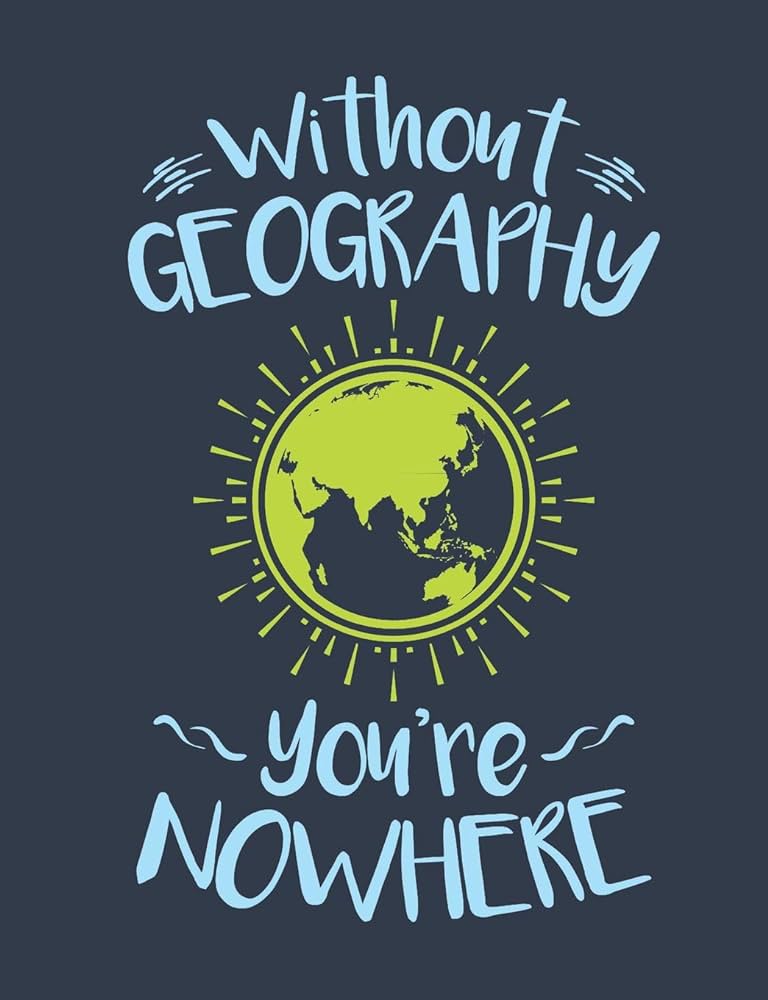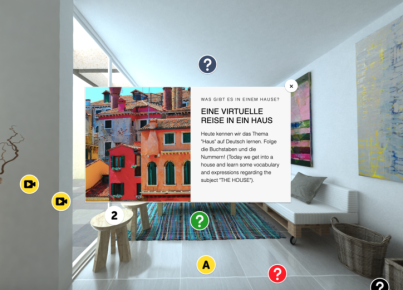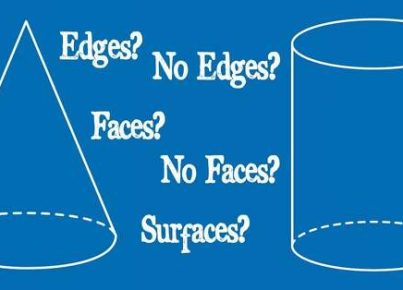Introduction
Imagine a world without geography – a world where people have no idea how to locate their hometown on a map or lack an understanding of the diverse cultures and natural wonders surrounding them. This might seem like an odd concept to some, but for many, geographic knowledge is significantly lacking. As the famous saying goes, “Without Geography, You Are Nowhere.” In this article, we will explore the importance of geography and the ways in which it benefits individuals, communities, and our global society.
Understanding the Earth and Our Place In It
Geography is the study of Earth’s landscapes, peoples, places, and environments. It provides us with a better understanding of our planet’s natural structures and processes as well as its human aspects. Through geography, we learn about the relationship between people and the environment in which they live – vital information for adapting to climate change, developing sustainable solutions for resource management, protecting biodiversity, and anticipating natural disasters.
Connecting Cultures
One critical aspect of geography is the study of human populations, their movements throughout history, and the cultural practices they share. With improved geographic knowledge comes greater awareness of cultural diversity. As more people interact with individuals from different cultures – whether through travel or digital communication – understanding those cultures leads to increased tolerance and empathy.
Moreover, such understanding can also offer new perspectives on issues that affect everyone globally, including environmental concerns or political disputes. The ability to view these common challenges through different cultural lenses often inspires innovative solutions.
Enhancing Decision-Making Skills
In both personal and professional capacities, individuals consistently make decisions based on location-related factors. From deciding where to live or open a business down to personal travel plans or selecting a restaurant within driving distance – the list goes on.
Geography enables us to think spatially about our surroundings, helping us assess potential impacts of each choice made. Good geographical skills not only aid in navigating the world but also support better decision-making in various life situations.
Boosting Economic Growth
Geography plays a significant role in economic growth and development. For example, understanding the geographic distribution of resources can help countries maximize their potential while minimizing negative effects on the environment. Site selection for infrastructure projects, transportation networks, and businesses require comprehensive geographic knowledge to optimize access to markets and resources.
Furthermore, geography has made considerable contributions to the travel and tourism market by providing travelers with an understanding of different destinations’ histories, cultures, and natural landscapes. Investing in geographic education enhances students’ abilities to compete in the global economy by equipping them with essential spatial thinking skills necessary for many industries.
Conclusion
“Without Geography, You Are Nowhere” is a powerful statement that emphasizes how crucial an understanding of geography is, not only for individuals but also for our global society. Geographic knowledge is vital for appreciating cultural diversity, enhancing decision-making skills, ensuring sustainable resource management, and promoting economic growth. By embracing geography as part of our educational system and fostering geoliteracy amongst students and adults alike, we can both create a more inclusive world and provide future generations with a better sense of their place in it.





